Filter by
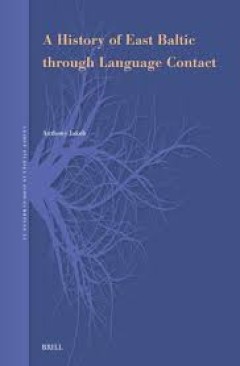
A History of East Baltic through Language Contact
The East Baltic languages are well known for their conservative phonology as compared to other Indo-European languages, which has led to a stereotype that the Balts developed in isolation without much contact with other speech communities. This book challenges that view, taking a deep dive into the East Baltic lexicon and peeling away the layers of prehistoric borrowings in the process. As well…
- Edition
- Volume: 24
- ISBN/ISSN
- 9789004686472
- Collation
- 438 hlm
- Series Title
- -
- Call Number
- -
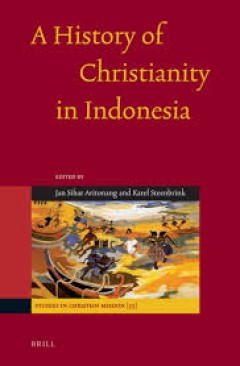
A History of Christianity in Indonesia
Indonesia is the home of the largest single Muslim community of the world. Its Christian community, about 10% of the population, has until now received no overall description in English. Through cooperation of 26 Indonesian and European scholars, Protestants and Catholics, a broad and balanced picture is given of its 24 million Christians. This book sketches the growth of Christianity during th…
- Edition
- -
- ISBN/ISSN
- 978-90-47-44183-0
- Collation
- 1004 hlm
- Series Title
- -
- Call Number
- -

A History of Burn Care
Burn injuries are still one of the most common and devastating injuries in human and the treatment of major burns remains a major challenge for physicians worldwide. Modern burn care involves many components from initial first aid, burn size and burn depth assessment, fluid resuscitation, wound care, excision and grafting/ coverage, infection control and nutritional support. Progress in each of…
- Edition
- -
- ISBN/ISSN
- 978-3-0365-1526-7
- Collation
- 206 hlm
- Series Title
- -
- Call Number
- -

A History of Bulgarian Literature 865-1944
provides a comprehensive survey of Bulgarian literary development from the conversion to Christianity and the creation of Old Church Slavonic (c. 865) through World War II, highlighting key periods like the medieval ecclesiastical era, the Ottoman subjugation, the National Revival (Renaissance), post-liberation realism, and the rise of modernism and political influences, showcasing the evolutio…
- Edition
- -
- ISBN/ISSN
- 9783110810608
- Collation
- 282 hlm
- Series Title
- -
- Call Number
- -
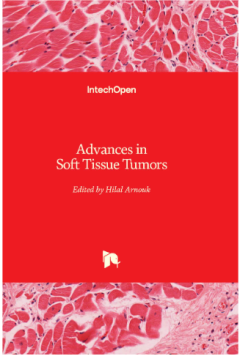
Advances in Soft Tissue Tumors
his book aims to foster collaboration between world-class bench scientists and clinicians in the fields of oncology, surgery, and pathology as they come together to highlight the complexity and diversity of soft tissue tumors as well as recent advances in their diagnosis and clinical management.
- Edition
- 1
- ISBN/ISSN
- 9781803557243
- Collation
- -
- Series Title
- -
- Call Number
- -

Advances in Smart Materials and Structures
Smart materials and structures are capable of active or passive changes in terms of shapes, properties, and mechanical or electromagnetic responses in reaction to an external stimulus, such as light, temperature, stress, moisture, pH, and electric or magnetic fields. They have attracted increasing interest for their enhanced performance and efficiency over a wide range of industrial application…
- Edition
- 1
- ISBN/ISSN
- 9783036595603
- Collation
- -
- Series Title
- -
- Call Number
- -
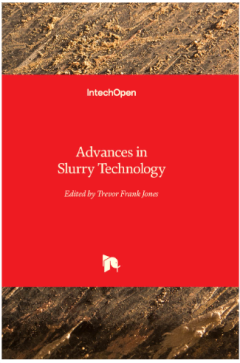
Advances in Slurry Technology
Written by experts from around the world, this book presents a comprehensive overview of slurry technology. The editor is grounded in the science of dilute concentrations of coarse particles in horizontal ducts, including settling distributions, critical deposition, swirling flow, and the two-layer model. This volume includes ten chapters that address such topics as process modelling, measureme…
- Edition
- 1
- ISBN/ISSN
- 9781803566696
- Collation
- -
- Series Title
- -
- Call Number
- -
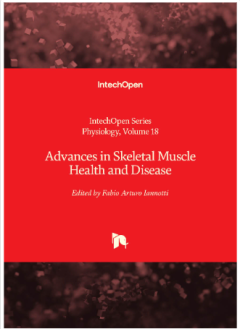
Advances in Skeletal Muscle Health and Disease
Skeletal muscles are the vastest tissue in the human body with an essential role in maintaining posture, moving, and regulating internal body temperature and metabolism. Consequently, skeletal muscle injuries or diseases can have a profound effect on one’s life. In Advances in Skeletal Muscle Health and Disease, Fabio Arturo Iannotti has assembled contributions from international experts to p…
- Edition
- 1
- ISBN/ISSN
- 9781803562735
- Collation
- -
- Series Title
- -
- Call Number
- -

Advances in Single Molecule, Real-Time (SMRT) Sequencing
PacBio’s single-molecule real-time (SMRT) sequencing technology offers important advantages over the short-read DNA sequencing technologies that currently dominate the market. This includes exceptionally long read lengths (20 kb or more), unparalleled consensus accuracy, and the ability to sequence native, non-amplified DNA molecules. From fungi to insects to humans, long reads are now used t…
- Edition
- 1
- ISBN/ISSN
- 9783039217014
- Collation
- -
- Series Title
- -
- Call Number
- -

Advances in Automated Driving Systems
Electrification, automation of vehicle control, digitalization and new mobility are the mega-trends in automotive engineering, and they are strongly connected. While many demonstrations for highly automated vehicles have been made worldwide, many challenges remain in bringing automated vehicles to the market for private and commercial use. The main challenges are as follows: reliable machine pe…
- Edition
- -
- ISBN/ISSN
- 9783036545042
- Collation
- 294 hlm; ill., lamp.,
- Series Title
- -
- Call Number
- -
 Computer Science, Information & General Works
Computer Science, Information & General Works  Philosophy & Psychology
Philosophy & Psychology  Religion
Religion  Social Sciences
Social Sciences  Language
Language  Pure Science
Pure Science  Applied Sciences
Applied Sciences  Art & Recreation
Art & Recreation  Literature
Literature  History & Geography
History & Geography